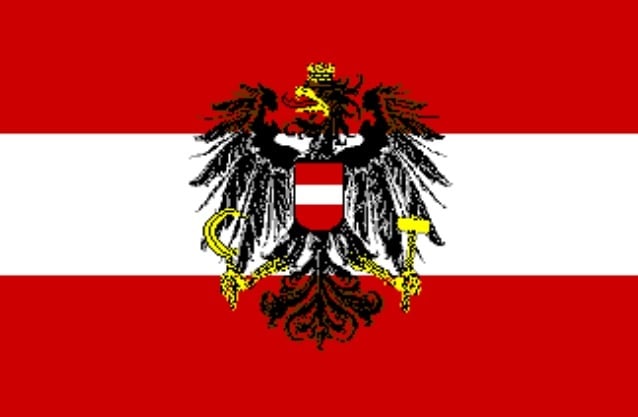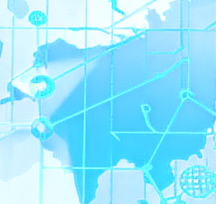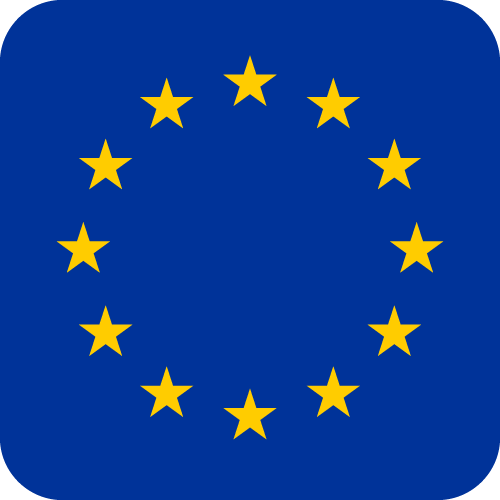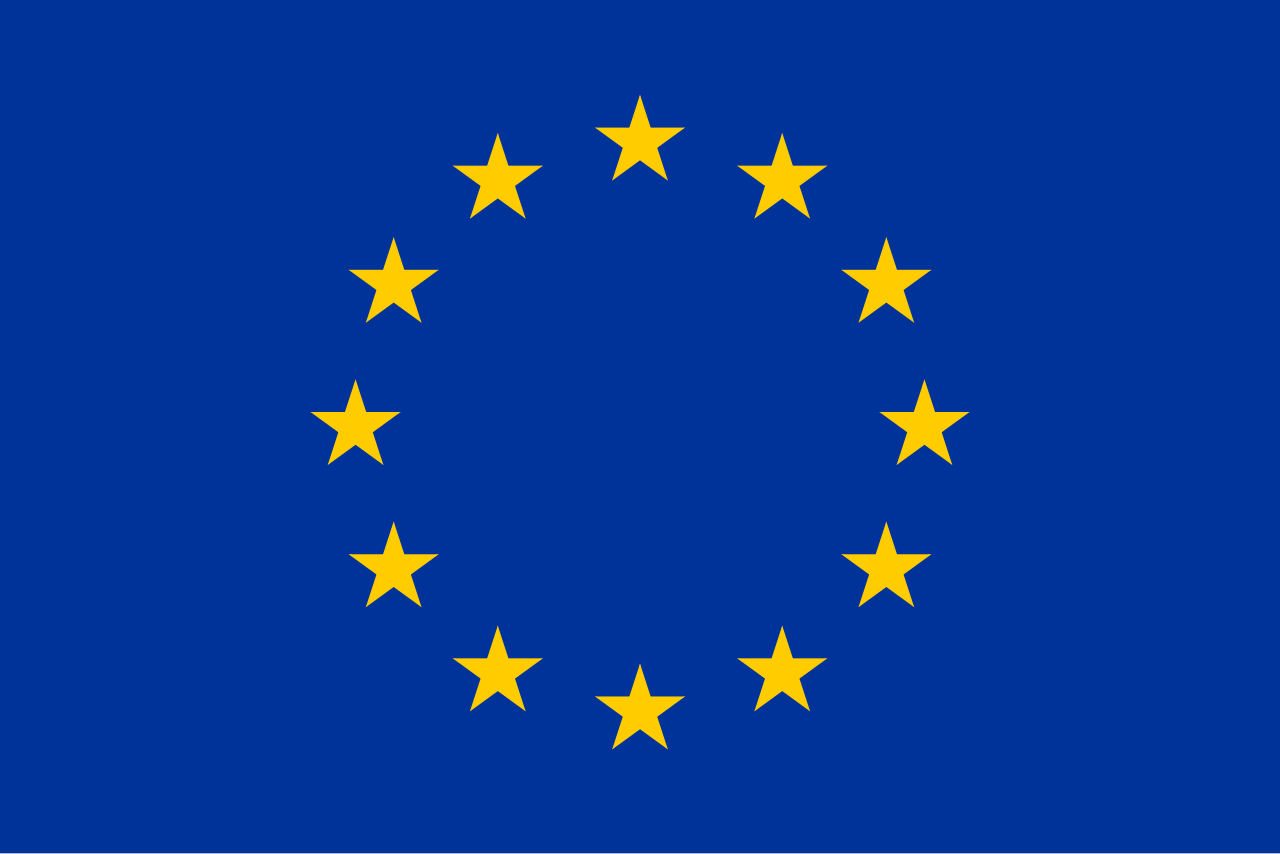- 2.13K Posts
- 2.07K Comments
It’s true though, and there’s no technological improvement to communication software that can ever change this.
If you sit physically next to your colleagues, you can at all times see what they are working on, talking to each other about, etc., and thereby learn more about the project and the company; if you work remotely and have to explicitly choose to communicate, you miss out on all of that.
not much slower; somewhat slower is completely fine
I remember in my childhood reading a joke that went something like: One person says to another: “You know, I’ve recently started to regularly travel in a large vehicle with its own chauffeur.” – “Really? Wow!” – “Yes! Oh, look, my bus is coming!”

 4·2 days ago
4·2 days agoon my work computer (Windows 11), I’m pretty sure this was the default and I didn’t have to configure it to do that? I use this all the time because part of my current job is to send screenshots to people in order to verify that software is working correctly. :D

 3·2 days ago
3·2 days agoIn Deutschland (besonders Berlin) habe ich sehr häufig auch Kalbkebap gesehen und auch schon bekommen, wenn ich nichts dazugesagt habe.

 2·2 days ago
2·2 days agoOK, das ist dann ein bisschen was anderes. Hier in Österreich ist es jedenfalls im Allgemeinen so, dass es fast überall Kebap vom Huhn gibt, bei manchen Ständen auch Kalb (häufiger) oder Lamm (seltener).

 4·2 days ago
4·2 days agoShotcut does everything I need and tends to “just work”, better than most others. I think I tried OpenShot once or twice and it didn’t work so well, but don’t remember details.

 9·2 days ago
9·2 days agoNur das Fleisch von Lämmern oder mindestens 16 Monate alten Rindern hätte künftig für den Döner verwendet werden dürfen.
die wissen schon, dass Österreich in der EU ist und in Österreich Dönerkebap meistens aus Hühnerfleisch gemacht wird (wenn man was anderes will, muss man es dazusagen)?
Bug in the English language. 🤣
Or maybe “yeah, right”

 4·3 days ago
4·3 days agoAbgeordnete zum Bundestag oder Europäischen Parlament?
In jedem Fall geht es aktuell um die Position des Rates, da sind beide nicht die Gruppe, um die es geht.
Ich meine, gelesen zu haben, dass zumindest auch die AfD dagegen ist.
I can think of plenty that is arguably wrong with at least the GDPR: the definition of “processing of personal data” is so broad that it can arguably cover way more than intended, and the extraterritorial effect sets a precedent that governments can regulate the Internet beyond their borders. But that is off-topic here and I’m not exactly in a mood to write essays about it…
The DMA is one of the very rare examples where it’s a good thing that governments are regulating technology. Most of the time it is a bad thing, but requiring interoperability and sideloading – it’s kind of sad that it’s necessary to solve that by regulation and market forces alone don’t work, yet here we are.

 35·3 days ago
35·3 days agothen I have good news for you: https://linuxiac.com/ladybird-browser-team-selects-swift-as-preferred-language/

 4·4 days ago
4·4 days agoIrgendwie das Gegenteil von Clickbait, ob es dafür wohl einen Begriff gibt …

 3·4 days ago
3·4 days agoMaybe. We do need to explain in terms people can understand what specific fediverse platforms are for though, and people will understand this best if we describe it in terms of concepts they’re familiar with, such as that something is structured like Twitter, like Facebook, like Reddit, etc.
Perhaps “replacement” works better than “alternative”.
Of course, https://web.archive.org/web/20250811165045/https://www.gnu.org/philosophy/words-to-avoid.html#Alternative has been a section on the gnu.org website (which is for some reason currently down, hence the archive link) for a long time.

 91·5 days ago
91·5 days agoHistorical “pogroms” were by a dominant majority population against an oppressed minority population. So the term “pogrom” is a bad fit for anything that Palestinians do, or have ever done, or might do in the future, to Israeli Jews.
The other way round (settler violence) though? I don’t use the term for that myself, but I don’t think it is a wrong term for it.

 38·7 days ago
38·7 days agoLiebe Staatsbürger der Bundesrepublik Deutschland, wir in Österreich haben schon viel länger das Äquivalent zur AfD: die FPÖ. Sie war schon mehrfach an Bundesregierungen beteiligt, Landesregierungen sowieso (auch aktuell), sie hat sogar schon Landeshauptleute (~ Ministerpräsidenten der Länder) gestellt und stellt aktuell auch einen.
Natürlich hat sie dann Politik gemacht, die auch ich zu einem großen Teil für schlecht halte und von der man halten kann, was man will. Aber sie hat keine Diktatur errichtet, keinen totalitären Staat aufgebaut, sie hat immer, wenn sie verfassungsmäßig wieder abgewählt wurde, ihre Posten wieder friedlich verlassen.
Ich traue mich, vorherzusagen, dass das bei euch auch nicht viel anders sein wird. In ein paar Jahren wird es normal sein, dass die AfD an Regierungen beteiligt ist. Sie wird alles Mögliche tun, was man für gut oder schlecht halten kann, wahrscheinlich großteils für schlecht; sie wird nicht die Demokratie abschaffen.
































This is even funnier when read aloud: https://www.youtube.com/watch?v=W7ksx6D3dlE